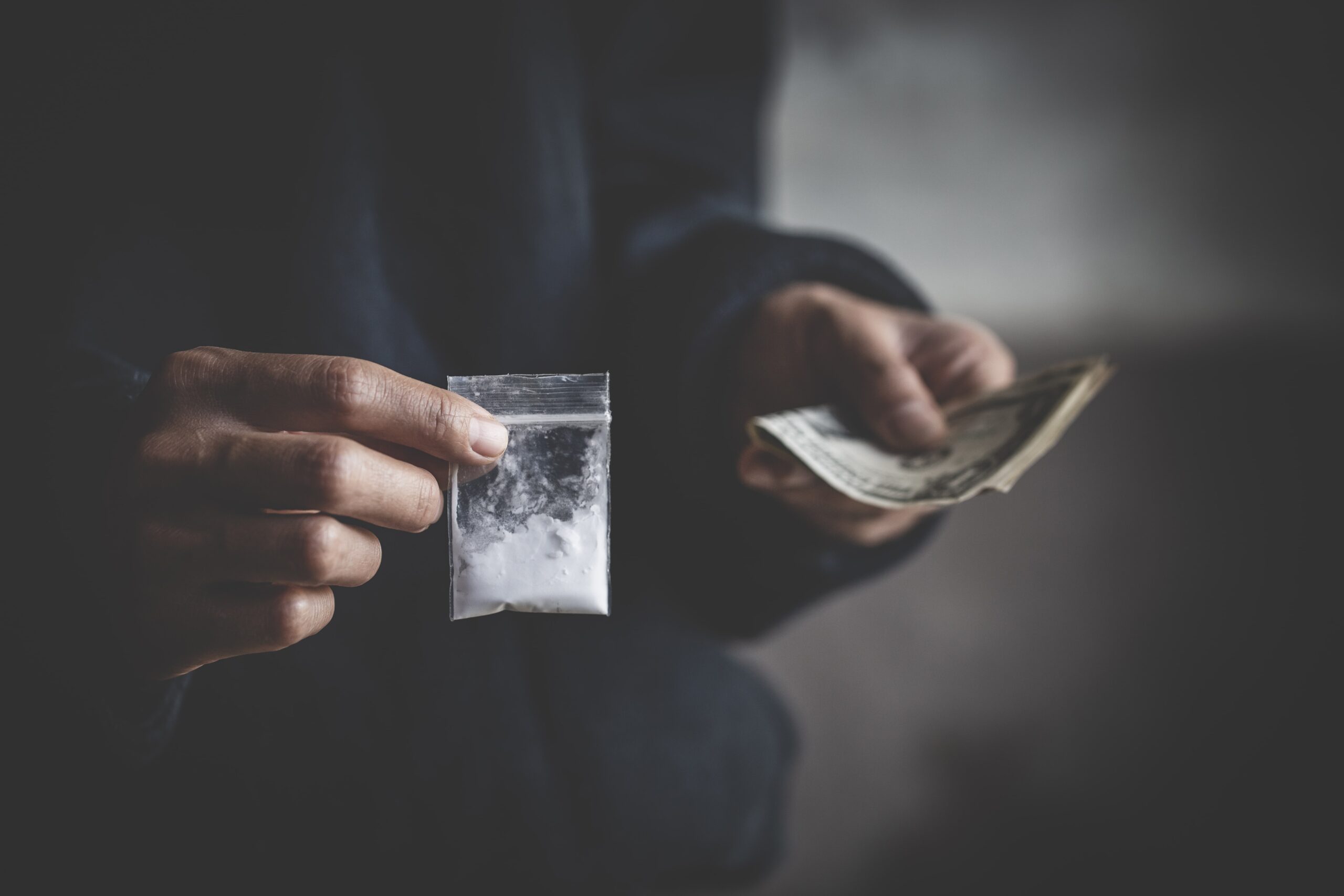Share This Article
The NSW Government is set to expand available drug diversion programs, by implementing changes that would see on-the-spot fines for drug possession considered ‘paid’ by offenders partaking in a tailored drug and alcohol intervention.
The scheme would allow police officers to issue up to two on-the-spot fines (referred to as Criminal Infringement Notices or ‘CINs’) of $400 to adults who possess small quantities of a drug for personal use, including ice, cocaine, heroin, and ecstasy.
Those who receive a CIN will be encouraged to complete a tailored drug and alcohol intervention. If this is completed, the fine will be treated as though it was paid, with the amount essentially waived.
If this intervention is not completed, the fine amount will be enforced by Revenue NSW. Being issued a CIN, or paying one, will not result in a criminal conviction.
However, anyone caught for a third time will have to face court.
Minister for Health, Ryan Park said: “Drug use and dependence are very much health issues and ones that are far better addressed through health support outside the courts and criminal justice systems.
“This is an evidence-based approach in line with community expectations. It responds directly to expert evidence, and recommendations from the Special Commission of Inquiry into the drug ice.”
The Government will shortly introduce the ‘Justice Miscellaneous Provisions Bill’ to finalise this change, and it is anticipated that the scheme will commence in early 2024.
The scheme will utilise the existing Criminal Infringement Notice framework currently in place for small quantity drug possession, essentially adding the opportunity to participate in the health intervention to ‘pay off’ the fine.
It is important to note that police officers will retain their discretion to charge a person and proceed to court, even where the amount of the relevant drug concerned is in the small quantity.
Minister for Police and Counter-terrorism, Yasmin Catley said: “It is not mandatory for the Police to issue an on-the-spot fine – this is another tool in their kit and police retain their discretion to deal with the matter as appropriate, including proceeding to court.
“Providing the police with more options to manage drug offences allows a proportionate response to the offending behaviour and health issues that officers are seeing in the community.”
The diversion program will not apply to drug supply, dealing or trafficking, drug production or manufacture, previously convicted drug dealers, people who have large quantities of drugs, or people who have already received two Criminal Infringement Notices for drug possession offences.
As outlined, in New South Wales, police already have the discretion to issue a CIN of $400 to those found to be possession of a prohibited drug, in accordance with schedule 4 of the Criminal Procedure Regulation 2017 (NSW).
Payment of this fine will not result in a criminal conviction. Whilst you can choose to dispute this fine in court, you risk facing increased maximum penalties, including a criminal conviction.
In order for police to be able to issue a fine, the amount of the drug concerned must weigh no more than the ‘small quantity’ for that drug.
What a small quantity is will vary based on the relevant substance. Schedule 1 of the Drug Misuse and Trafficking Act 1985 (NSW) (‘DMTA’) provides a list of prohibited drugs, as well as what amount of the drug will be considered a ‘small quantity’.
For example, the ‘small quantity’ of cocaine, heroin and amphetamine is 1 gram, whereas it is 2.5 grams for ketamine and 0.04 grams for magic mushrooms (psilocybin).
However, for MDMA or ‘ecstasy’ (referred to as 3,4-Methylenedioxymethylamphetamine), the applicable amount is no more than 0.25 grams if in capsule form (the small quantity), or 0.75 grams in any other form (the traffickable quantity).
Police can choose whether or not to issue such a fine, or formally charge the person, as specified.
This scheme is not applicable if you have been caught possessing cannabis leaf.
Such matters are dealt with under the ‘Cannabis Cautioning Scheme’ – which is similar to the current developments related to the CIN scheme for drug possession.
The scheme is available to those found to be in possession of 15 grams or less, and who admit to it being in their possession for personal use.
If you receive a caution, you will be provided with a caution notice, which contains the contact telephone numbers for the Alcohol and Drug Information Service (‘ADIS’).
ADIS provides a confidential service, seeking to educate the cautioned offender regarding treatment, counselling, and support services.
Where a second (and final) caution is received, it becomes mandatory to contact ADIS for an education session about cannabis use, reflecting on its health and legal ramifications.
Police are not able to issue a caution if the offender was committing another criminal offences at the time, has prior convictions related to drugs, violence, or sexual assault, or has received a caution more than twice.
Again, it is important to note that this is a discretionary option available to police, and they may still choose to charge an offender, even where they could technically caution them.
In light of the numerous and developing diversion schemes, it is thus integral to emphasise that drug possession remains a criminal offence, as outlined in section 10 of the Drug Misuse and Trafficking Act 1985 (NSW).
Where a person is charged with drug possession, the maximum penalty applicable is 2 years imprisonment and/or a $2,200 fine.









